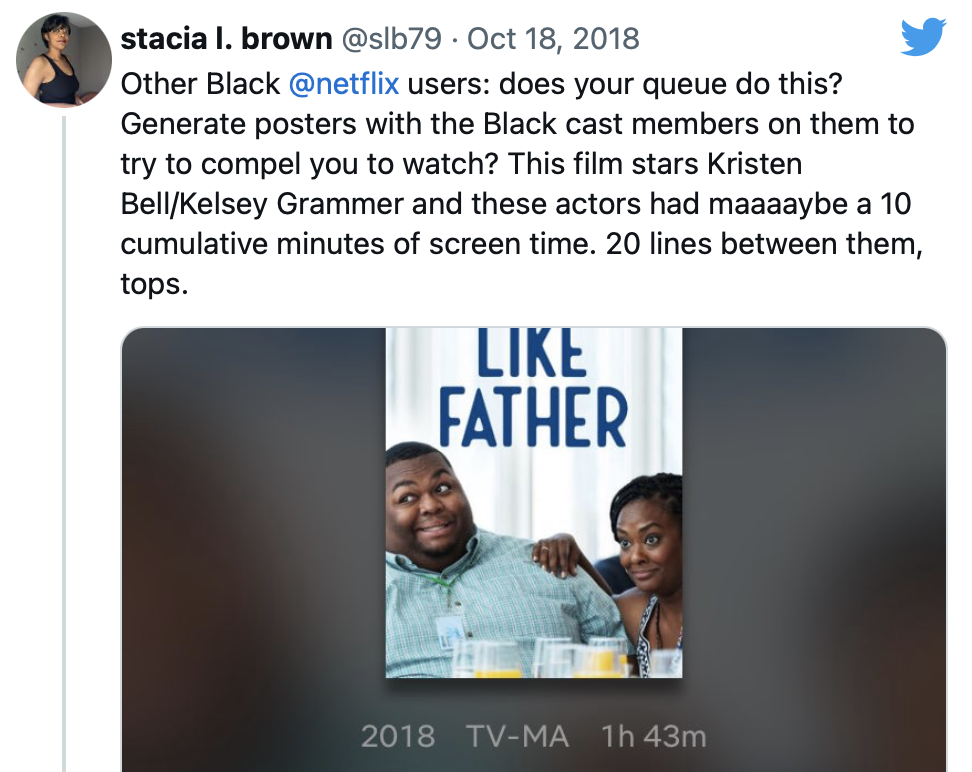If a lender offered the same price (i.e. interest rate or APR) to every borrower, then it would only be a good deal for the riskiest borrowers. Lenders would have to raise prices to match the risk, and then it would only be a good deal for the riskiest of the riskiest borrowers. Lenders would have to raise prices further and further until there are no takers. This is called an adverse selection death spiral.
Therefore, lending fundamentally relies on offering different prices to different borrowers—and refusing some borrowers entirely. In other words, lending fundamentally relies on discrimination.
Lenders assess the risk of each borrower, in a process called underwriting, and make the decision whether to decline or approve, and at what price. Traditionally, underwriting has been done manually by human experts. It has also been performed by following pre-determined rules. More recently, many lenders are using machine learning to make underwriting decisions.
When we talk about discrimination, usually we’re talking about “bad” discrimination, such as sexism or racism. But in general, discrimination is just about treating different people differently, and that in itself is not bad. Nonetheless, legitimate discrimination can be used to conceal bad discrimination. Bad discrimination can also occur unintentionally, being concealed even to its purveyors. Fair lending regulations try to delineate and mitigate bad discrimination in lending.

